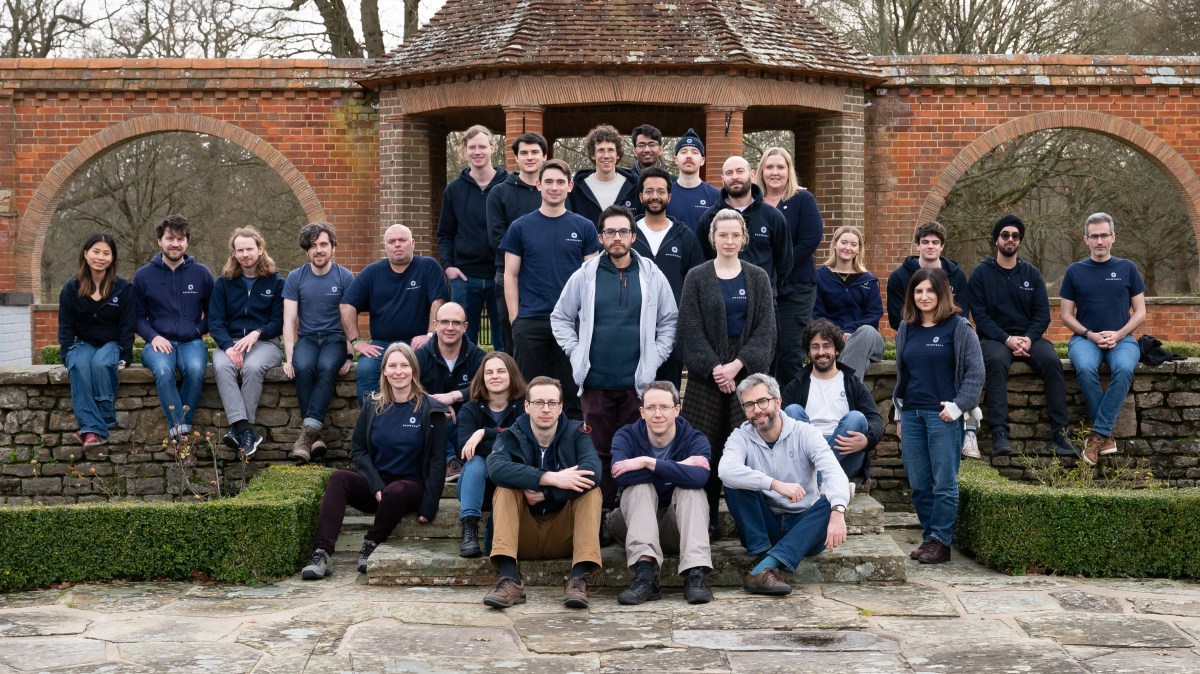A quantum software company has raised $34 million to make the groundbreaking technology “genuinely useful” and put it to work for pharmaceutical and energy companies.
Phasecraft, a start-up that emerged from University College London and Bristol University in 2019, plans to use the cash to double its team of 40 and invest more in research and design.
Its algorithms are already being deployed on machines being used by the likes of the UK’s National Energy System Operator, BT, the telecoms giant, and Johnson Matthey, the chemicals company.
• What is quantum computing? Our science editor tries to explain
Ashley Montanaro, co-founder and chief executive of Phasecraft, said: “We are on the cusp of the point that people call ‘quantum advantage’, where quantum computers will do something genuinely useful, better than classical computers can. This investment is going to enable us to get past this point.”
Montanaro said “the time is right” for Phasecraft to work with more companies in areas such as pharmaceuticals and energy. “We think that the time is right for these big companies working in areas like new materials development to jump in and to work with us on using our algorithms to solve their problems,” he said.
The investment was co-led by the venture capital firms Plural and Playground Global, which is an existing investor, as well as Novo Holdings, the investment wing of Danish pharmaceutical company Novo Nordisk. It is its first direct quantum software investment. Other existing investors Local Globe, AlbionVC, and Parkwalk Advisors also stumped up more cash.
Quantum computing is a developing technology that uses “qubits”, which can exist in “superposition” — representing both 0 and 1 simultaneously, unlike the bits used in conventional binary computing. This enables quantum computers to perform multiple calculations at once, making them powerful for solving complex problems.

Ashley Montanaro co-founder and chief executive of Phasecraft, welcomed “significant” government support for quantum computing
Phasecraft develops algorithms to move quantum computers from experimental demonstrations to useful applications. The company does not use its own hardware but is compatible with the computers built by companies such as Google Quantum AI, IBM, Quantinuum, and QuEra.
The company already raised $21 million in external capital and has published eight scientific papers about its work in Nature magazine. It expanded to America last year when it hired Steve Flammia, previously the principal research scientist at the Amazon Web Services Center for Quantum Computing.
The company warned last September that the government’s withdrawal of £1.3 billion of investment into technology and AI projects that the previous government had promised could risk “squandering decades of investment” and could leave Britain relying on other countries to share the benefits of the breakthrough technology.
The Labour government has since committed £500 million to help develop Britain’s quantum computing industry — money that will be invested over three years from next April. An additional £170 million has been allocated for quantum development through its “AI growth zones”. This national quantum strategy has set achieving one million error-corrected quantum operations by 2028 as its target.
• Useful quantum computing is already here
In response to these changes, Montanaro said: “We’ve been really pleased to see … the UK government is going to be supporting quantum computing quite significantly in the next phase of the quantum technologies programme.
“And we welcome the recognition that software and algorithms are an important part of that support. Continued support from the government for the quantum industry and for indeed, academic research in quantum computing will be very important. I think this includes government acting as a customer for the things that quantum companies develop.”

